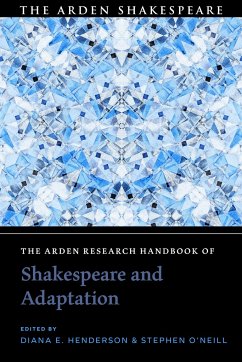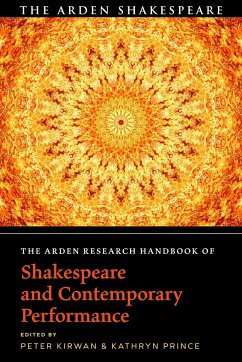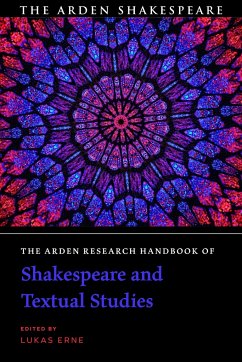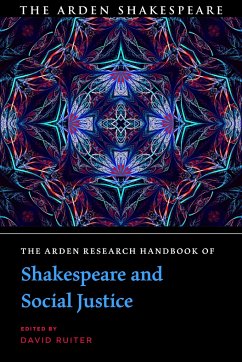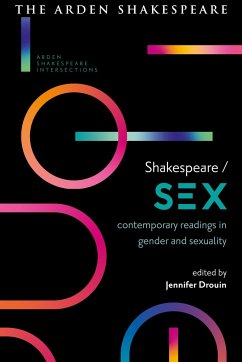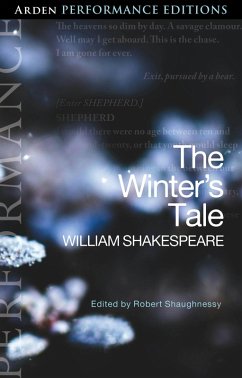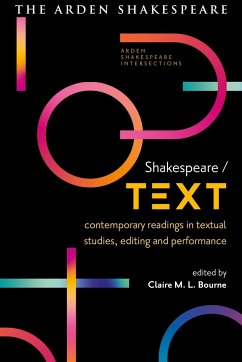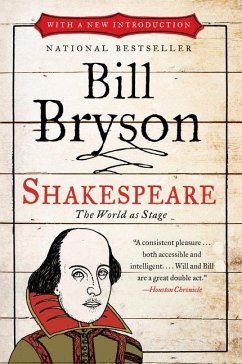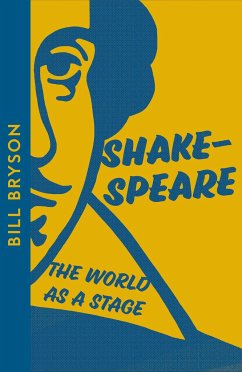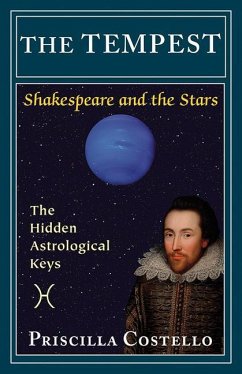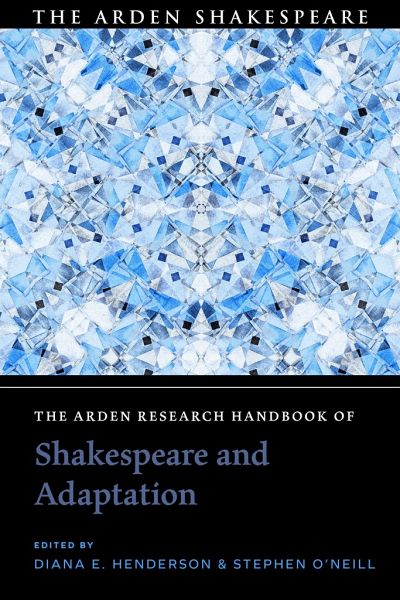
The Arden Research Handbook of Shakespeare and Adaptation
Versandkostenfrei!
Versandfertig in über 4 Wochen
184,99 €
inkl. MwSt.

PAYBACK Punkte
92 °P sammeln!
The Arden Research Handbook of Shakespeare and Adaptation explores the dynamics of adapted Shakespeare across a range of literary genres and new media forms. This comprehensive reference and research resource maps the field of Shakespeare adaptation studies, identifying theories of adaptation, their application in practice and the methodologies that underpin them. It investigates current research and points towards future lines of enquiry for students, researchers and creative practitioners of Shakespeare adaptation. The opening section on research methods and problems considers definitions an...
The Arden Research Handbook of Shakespeare and Adaptation explores the dynamics of adapted Shakespeare across a range of literary genres and new media forms. This comprehensive reference and research resource maps the field of Shakespeare adaptation studies, identifying theories of adaptation, their application in practice and the methodologies that underpin them. It investigates current research and points towards future lines of enquiry for students, researchers and creative practitioners of Shakespeare adaptation. The opening section on research methods and problems considers definitions and theories of Shakespeare adaptation and emphasises how Shakespeare is both adaptor and adapted.A central section develops these theoretical concerns through a series of case studies that move across a range of genres, media forms and cultures to ask not only how Shakespeare is variously transfigured, hybridised and valorised through adaptational play, but also how adaptations produce interpretive communities, and within these potentially new literacies, modes of engagement and sensory pleasures. The volume's third section provides the reader with uniquely detailed insights into creative adaptation, with writers and practice-based researchers reflecting on their close collaborations with Shakespeare's works as an aesthetic, ethical and political encounter. The Handbook further establishes the conceptual parameters of the field through detailed, practical resources that will aid the specialist and non-specialist reader alike, including a guide to research resources and an annotated bibliography.



